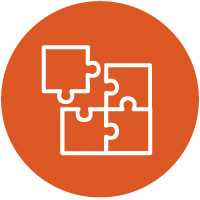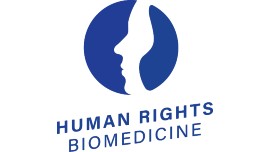
Aim and objectives:
Each Ophelia (OPtimising HEalth LIteracy and Access) project seeks to improve health and equity by increasing the availability and accessibility of health information and services in locally appropriate ways.
Target group:
The Ophelia Approach involves the collaboration of a wide range of community members, community leaders, and workers to develop health literacy interventions that are based on needs identified within a community.
Method:
The method focuses on the development of interventions in local communities. It draws on intervention mapping, quality improvement collaboratives, and realist synthesis. The intervention protocol is outcomes-oriented and focuses on two key questions: 'What are the health literacy strengths and weaknesses of clients of participating sites?', and 'How do sites interpret and respond to these to achieve positive health and equity outcomes for their clients?'.
The first phase is a needs assessment that uses the Health Literacy Questionnaire (HLQ), a multi-dimensional measure of health literacy, to identify common health literacy needs among clients. The second phase involves front-line staff and management within each service organisation in co-creating intervention plans to strategically respond to the identified local needs. The third phase will trial the interventions within each site to determine if the site can improve identified limitations to service access and/or health outcomes.
Outcomes:
Improving health literacy outcomes and responsiveness locally.









